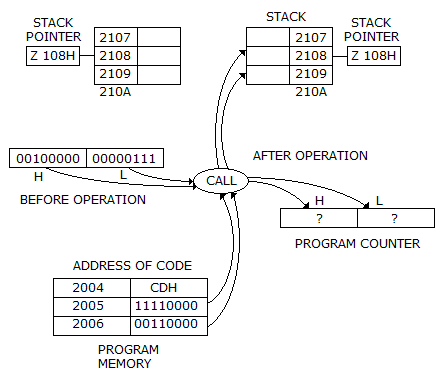ECE :: Digital Electronics
-
To convert SR latch to D latch
-
If a RAM has 34 bits in its MAR and 16 bits its MAR, then its capacity will be
-
The output voltage of 5-bit D/A binary ladder that has a digital input of 11010 (Assuming 0 = 0 V and 1 = + 10 V) is
-
The inputs to a 4 channel MUX have the following bandwidths. Channel 1-50 Hz, channel 2-200 Hz. Channel 3-75 Hz. Channel 4-90 Hz. The theoretical minimum sampling rate of the MUX is
-
Two numbers in excess-3 code are added and the result is less than 8. To get equivalent binary
-
Flow charts that contain decision symbol

-
The ASCII code is for information interchange by a binary code for
-
Assertion (A): CMOS devices have very low power consumption
Reason (R): CMOS devices have high noise margin.
-
Which is known as flash converter?


 Whatsapp
Whatsapp
 Facebook
Facebook

